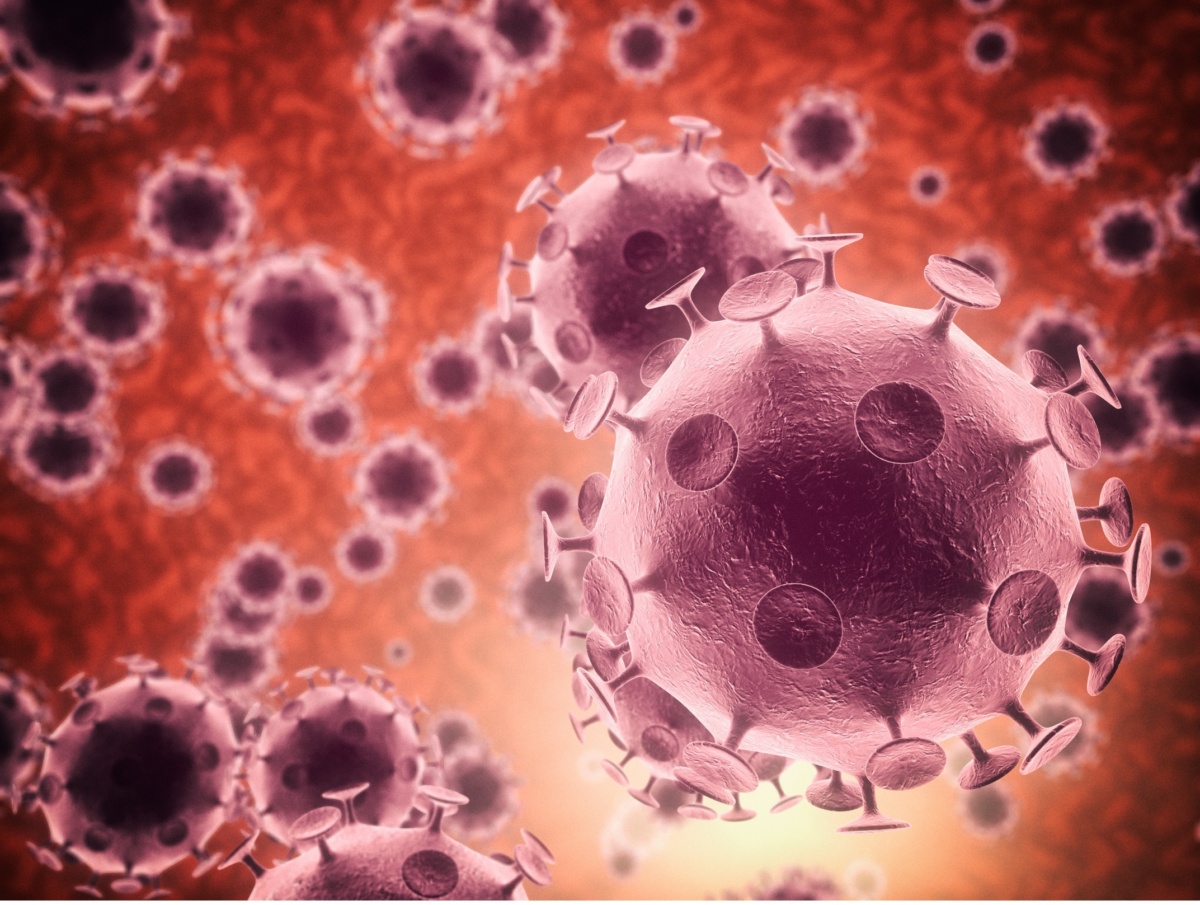
In a recent paper that was published in The Lancet Global Health Journal, iSchool professor B. Ian Hutchins and his research team shared results demonstrating that preprints are likely accurate enough to be used more often in the medical field. Hutchins’ team included undergraduate and graduate students who reviewed COVID-19 pandemic studies.

A preprint is a study that has been made public before it has undergone peer reviews and approval by other scientists. Information School Professor B. Ian Hutchins notes that preprints have been widely accepted in social and computer sciences as well as mathematics. However, it had not traditionally been used in the medical field until the COVID-19 pandemic required a quicker research turnaround.
The researchers at UW–Madison used 100 COVID-19 studies that were posted as preprints and then published in journals to examine how the peer review process affected four types of data common to the COVID study area. They found that about 90% of the data points they observed were still in the studies after peer review.
“Journalists and policymakers should look at the fact that 90% of the data points make it through peer review, should get a sense for how much they usually change, and ask themselves, am I comfortable accepting that degree of change?” Hutchins says. “The answer to that may depend based on the stakes of the decision. If all you’re worried about is your reputation, you might be open to a different amount of risk than if you’re making life-or-death decisions.”
Read more about the paper in a recent article here.